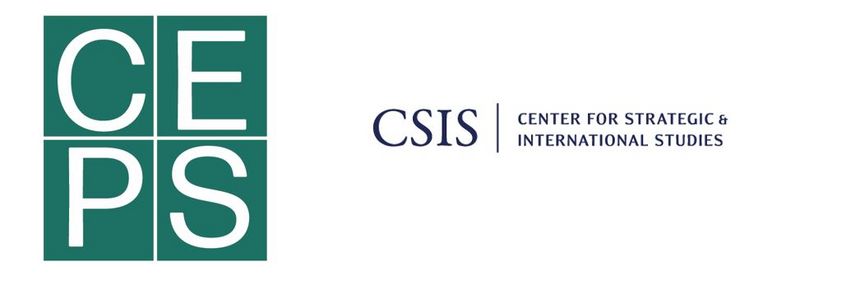
© Nicolas Economou/NurPhoto

© Nicolas Economou/NurPhoto

Institutes:
Centre for European Policy Studies (CEPS),
The Center for Strategic and International Studies (CSIS),
Project Members:
Ceren Ergenç, Research Fellow, Foreign Policy Unit, CEPS
Steven Blockmans, Senior Research Fellow, CEPS
Sergen Kızılhan, Project Assistant, Foreign Policy Unit, CEPS
Max Bergmann, Director, Europe, Russia, and Eurasia Program and Stuart Center, CSIS
Ilke Toygür, Senior Associate (Non-Resident), Europe, Russia, and Eurasia Program, CSIS
Jeffrey Mankoff, Senior Associate (Non-Resident), Europe, Russia, and Eurasia Program, CSIS
Başak Alpan, Ass. Prof., Centre for European Studies and Dep. of Pol. Sc. and Public Admin., METU
Derya Göçer, Chair, Area Studies and Middle East Studies, METU
Evren Balta, Prof. of Political Science, Dep. of International Relations, Özyeğin University
Project Duration: June 2024 – Dec 2025
Contact:
Ceren Ergenç, email: ceren.ergenc@ceps.eu
Ilke Toygür, email: ilke.toygur@ie.edu
Anchored in the West but looking to the East, Turkey’s positioning towards China, Russia, and regional alliances alternative to Western ones, such as the Shanghai Cooperation Organization [SCO], has the potential to affect the global balance of power. Turkey's relationship with China and Russia in its immediate neighbourhood is far from a solid tripartite alliance, given the multitude of clashes in national interests from all parties involved. However, when Turkey's long quest for full membership in the SCO was partially rewarded with the status of dialogue partner, it brought the three countries together in an institutional setting. This opens up an interesting triangle to research: Turkey, the Sino-Russian partnership (whenever it applies), and the transatlantic alliance (with an emphasis on the EU) at global and regional levels. This project will tackle the following overarching question: What is the nature of Turkey's efforts to balance integration with Western institutions, particularly the EU, with the simultaneous pursuit of closer cooperation with Russia and China in the aftermath of the domestic presidential transition, as well as the global pandemic and ongoing regional wars? How should this balancing act be considered in European policymaking at both global and regional levels in the short and medium terms?
in: Centre for European Policy Studies (CEPS), Explainer, 30.01.2026
morein: Centre for European Policy Studies (CEPS), Policy Brief, 05.11.2025
morein: Centre for European Policy Studies (CEPS), Policy Brief, 22.07.2025
moreHow Turkey could contribute to Europe's ever-evolving security architecture
in: Centre for European Policy Studies (CEPS), Policy Brief, 16.06.2025
more